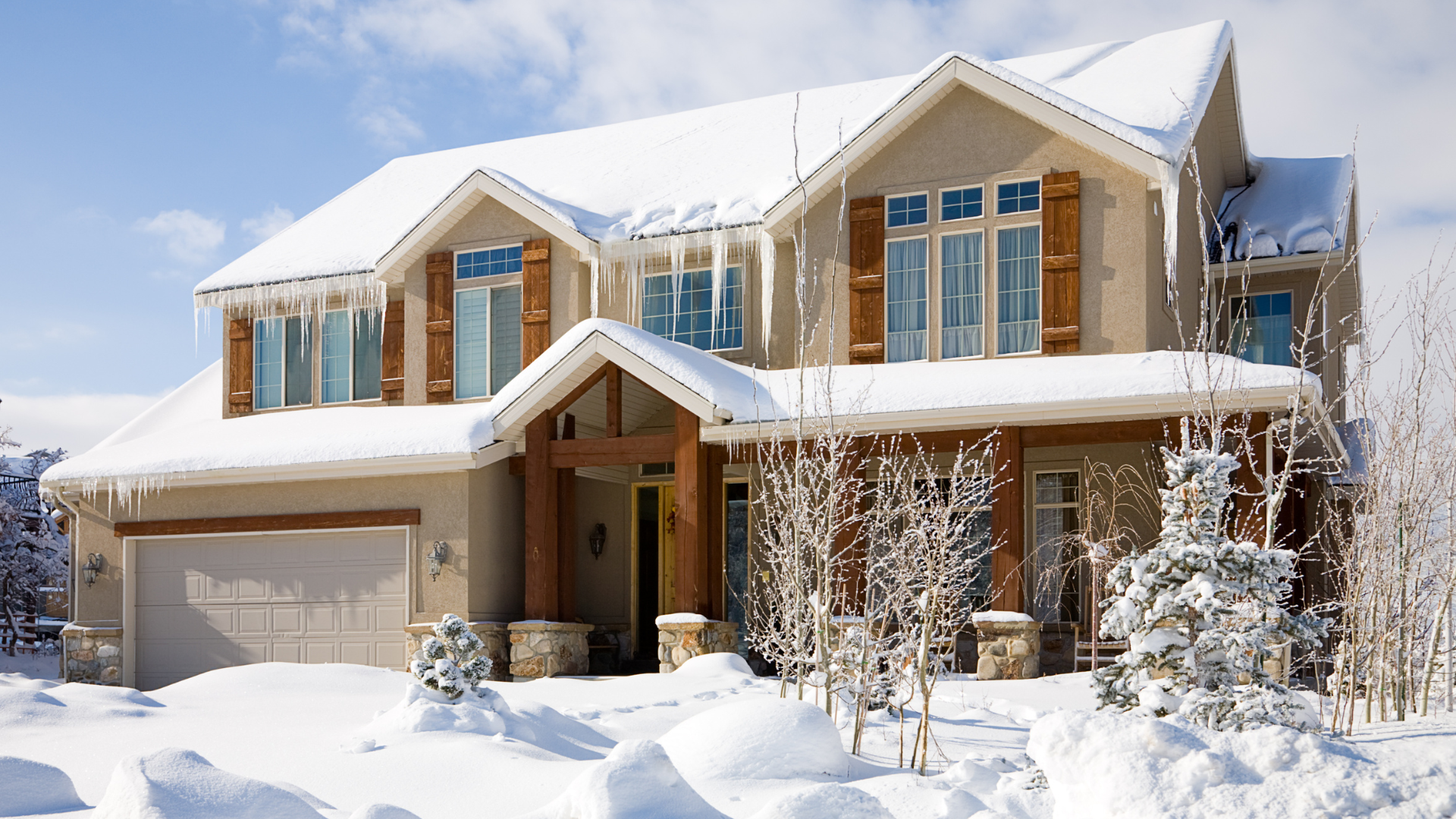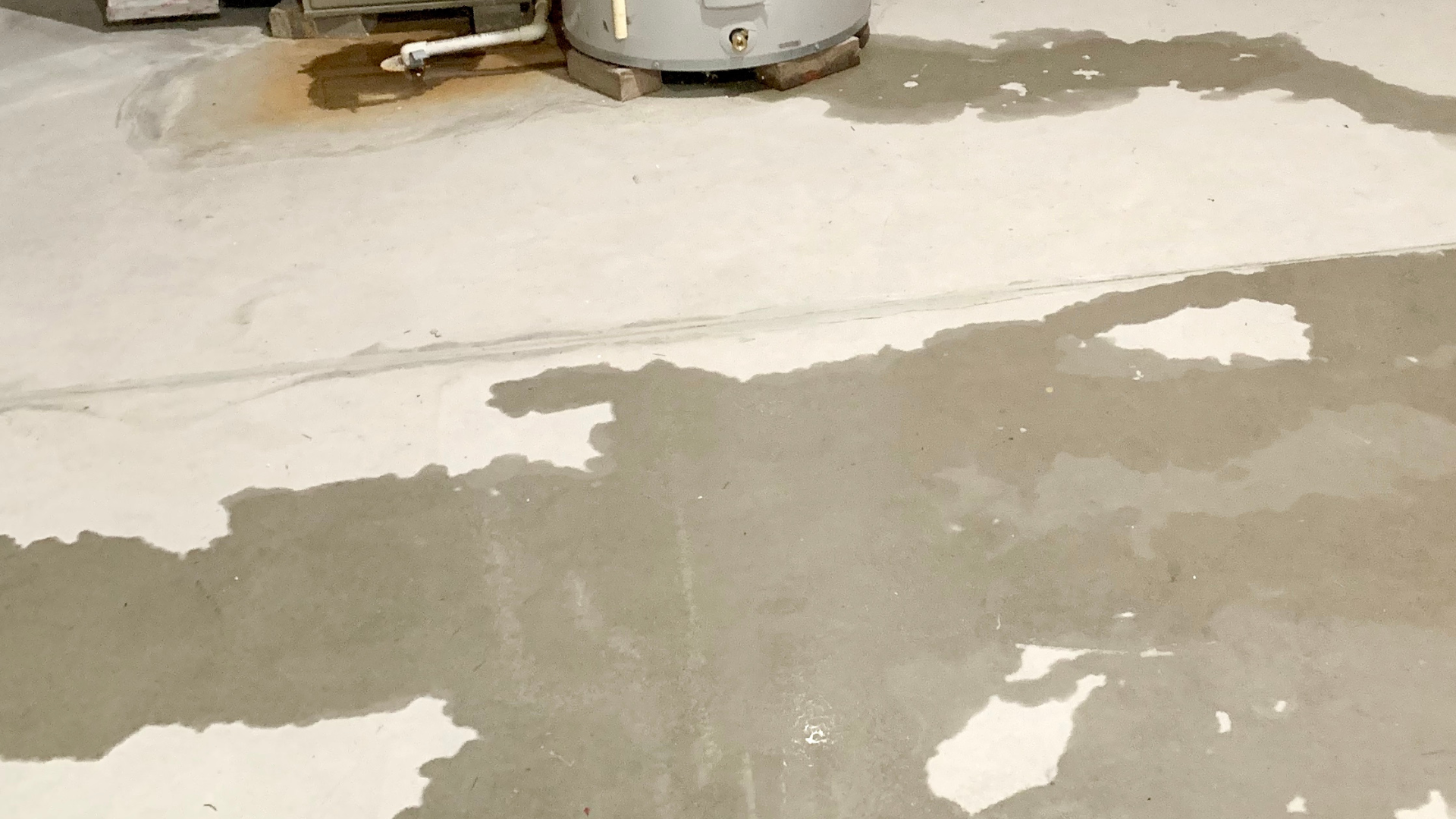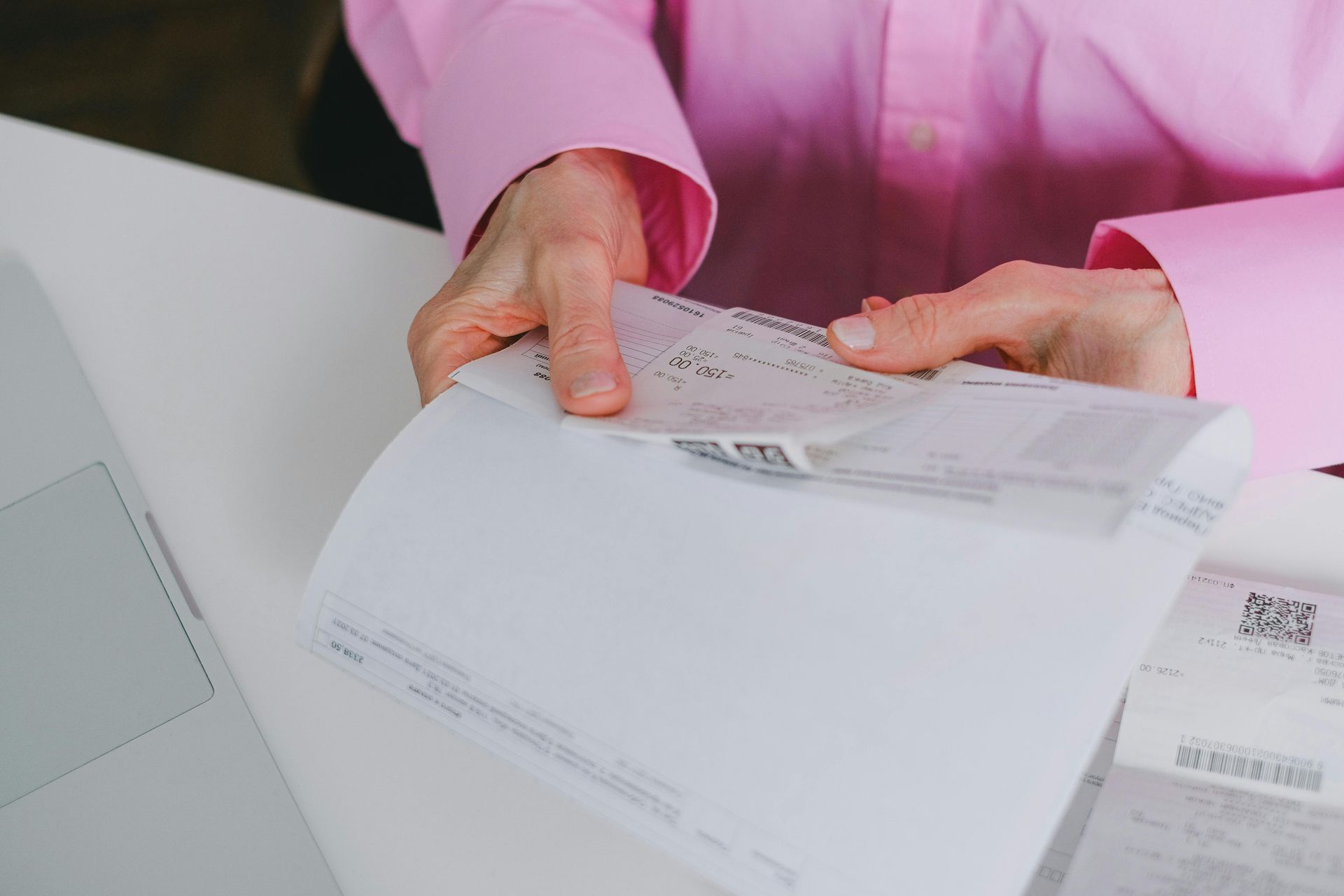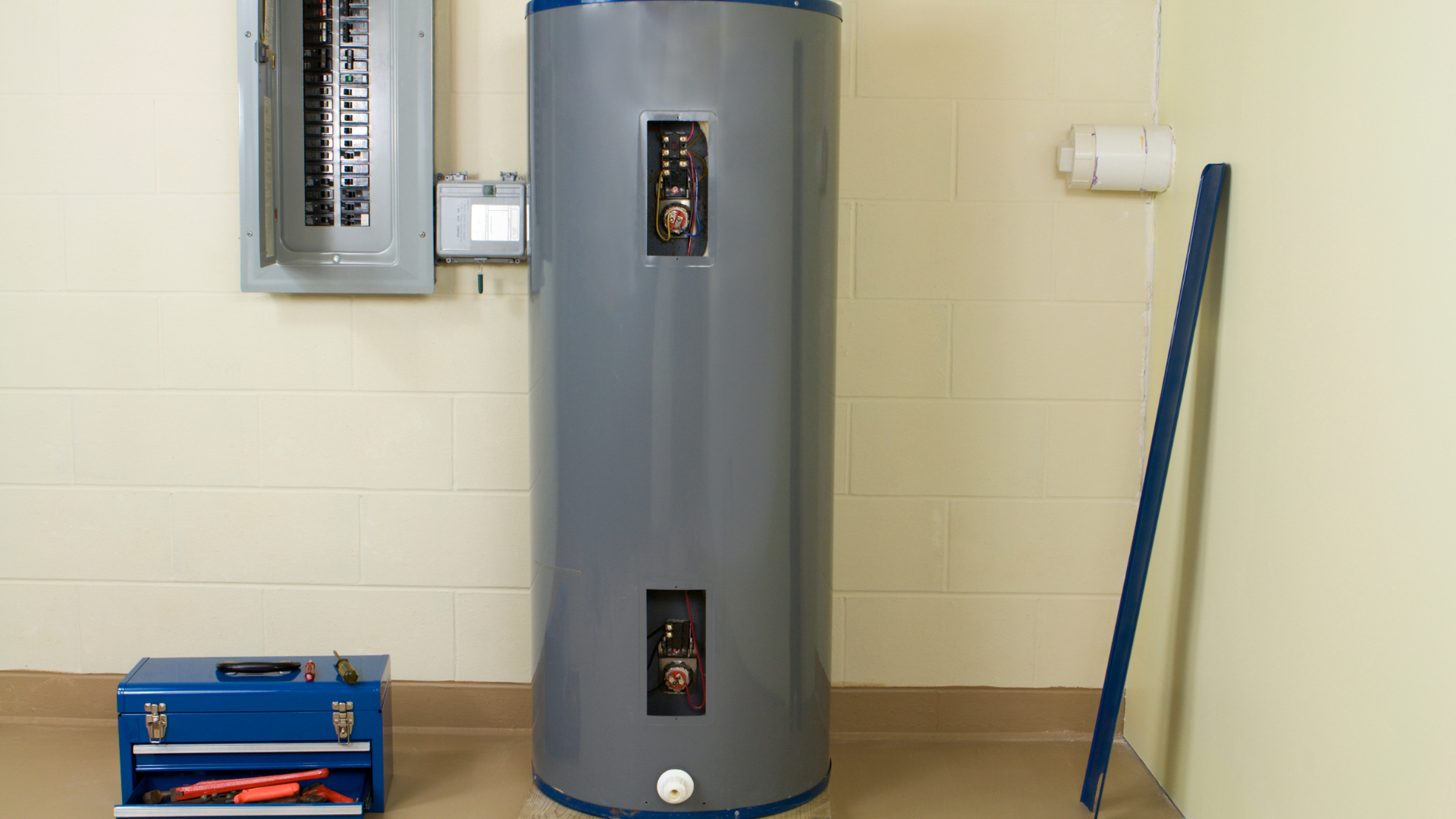South Carolina
Your South Carolina Home Project: Understanding Licensing, Sales Tax, and Verification
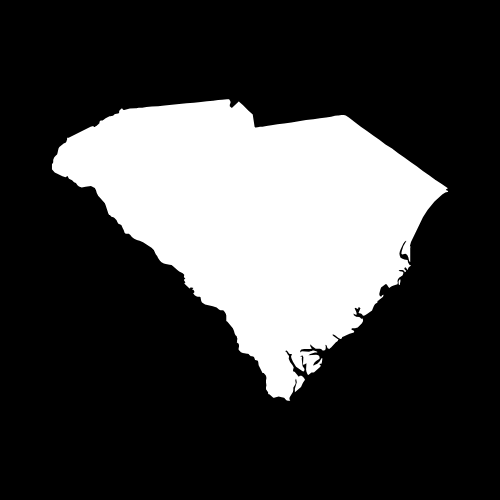
Embarking on a home improvement project in South Carolina requires understanding the state's specific contractor licensing tiers and how sales tax applies to construction services. South Carolina has a comprehensive regulatory framework through the Department of Labor, Licensing and Regulation (LLR) to ensure qualified professionals are performing work. Knowing these details is crucial for a successful and compliant project.
Contractor Licensing in South Carolina: Two Main Boards
South Carolina's contractor licensing is primarily managed by two distinct boards under the Department of Labor, Licensing and Regulation (LLR):
SC Residential Builders Commission (RBC):
- Licenses individuals and businesses primarily involved in residential construction, repair, improvement, or superintendence of residential buildings not over three floors in height and with no more than sixteen units.
- Residential Builder License: Required for those who construct or supervise the construction of new homes, or perform significant remodeling or additions.
- Requires at least one year of experience in residential construction within the last five years.
- Passing both a Residential Builder Business Management and Law exam and a Residential Builder technical exam (administered by PSI).
- Proof of a $15,000 surety bond.
- Criminal background check and credit report.
- Residential Specialty Contractor Licenses: For specific trades within residential construction, such as:
- Plumbing, Electrical, HVAC: These are licensed through the Residential Builders Commission for residential work. They require specific experience (e.g., one year) and passing a trade exam.
- Other specialties like Roofing, Carpentry, Masonry, Painting, etc.
- These may require a $5,000 (Registered) or $10,000 (Licensed) surety bond depending on the classification.
SC Contractor's Licensing Board (CLB):
- Licenses individuals and businesses for commercial construction, large-scale residential projects (e.g., multi-family over 16 units or more than three stories), and certain specialized commercial trades.
- This board issues General Contractor licenses grouped by monetary limits (e.g., Group 1 up to $100,000, Group 5 unlimited).
- Requires a Primary Qualifying Party (PQP) with at least two years of relevant work experience in the last five years.
- Passing a Business Management and Law for Commercial Contractors exam and a technical exam for each classification (administered by PSI or via NASCLA reciprocity).
- Financial statement prepared by a CPA or a surety bond, with requirements varying by license group (e.g., Group 1 may require a $10,000 net worth or $10,000 surety bond; higher groups require more substantial financial solvency).
Key Takeaways for Homeowners:
- For most typical home improvement projects (single-family homes, smaller additions, or repairs), look for a contractor licensed by the Residential Builders Commission (RBC).
- Always ensure that any plumber, electrician, or HVAC technician performing work on your home has a current license specifically for their trade, issued through the RBC.
- A license is generally required for any construction, repair, improvement, or maintenance work. Even seemingly small jobs might fall under a specialty contractor license. There's no specific "small job" exemption threshold that removes the need for any license for regulated work.
Always confirm your prospective contractor holds the correct license for the specific type and scope of work your project involves.
Sales Tax on Home Service Projects in South Carolina
South Carolina has a state sales and use tax rate of 6%. Additionally, most counties impose a local option sales tax, typically 1% or more, bringing the combined rate to 7% or higher in many areas (e.g., Charleston and Berkeley counties can be 9%).
The application of sales tax to home service projects in South Carolina generally follows the "contractor as consumer" rule for real property improvements:
- Contractors as Consumers (Most Common for Real Property Improvements):
- Generally, contractors who perform services that result in an improvement to "real property" (your home, or anything permanently attached to it) are considered the "consumers" of the materials they use.
- This means the contractor pays sales tax on their purchases of materials from their suppliers (e.g., lumber, fixtures, wiring, pipes). This sales tax is built into their cost.
- The contractor then DOES NOT typically charge you, the homeowner, sales tax on the total contract price (which includes both materials and labor) for the completed real property improvement. The sales tax on the materials is already paid by the contractor.
- This applies to activities like building a new home, remodeling, additions, roofing, painting, installing plumbing/electrical systems, etc.
- Services Generally Not Taxable (with exceptions):
- South Carolina generally does not tax services unless specifically enumerated as taxable by law. Construction labor, as it pertains to real property improvements, is not one of these enumerated taxable services.
- Repair/Installation of Tangible Personal Property:
- If the service involves the repair, alteration, or installation of "tangible personal property" that remains tangible personal property (e.g., repairing a standalone appliance, or assembling furniture that isn't permanently affixed), then sales tax would apply to both the parts used and the labor for that service. This is distinct from work that becomes a permanent part of your home.
It's always best practice to get a clear, itemized estimate or contract from your contractor that details how sales tax is handled, particularly noting that the contractor pays tax on materials directly and does not pass a separate sales tax charge on to you for the overall project. For definitive information, refer to the South Carolina Department of Revenue's guidance.
How to Verify Licensing in South Carolina
Verifying a contractor's license in South Carolina is relatively straightforward through the LLR's online lookup system.
South Carolina Department of Labor, Licensing and Regulation (LLR) - Licensee Lookup:
- This is the primary tool for verifying both General Contractor Licenses (CLB) and Residential Builder/Specialty Contractor Licenses (RBC).
- The LLR provides a unified "Licensee Lookup" portal where you can search by company/last name, first name, license number, or classification.
- The lookup will confirm the license status (active, inactive, lapsed, suspended), license type/classification, and any disciplinary actions.
- LLR Licensee Lookup: https://verify.llronline.com/LicLookup/ (If this exact URL changes, search "South Carolina LLR Licensee Lookup")
- Tip: If your initial search doesn't yield results, ensure you select the correct board (Contractors or Residential Builders) in the search criteria, as they are separate databases within the LLR system.
South Carolina Secretary of State - Business Name Search:
- Any legitimate business operating in South Carolina should be registered with the South Carolina Secretary of State. This confirms their legal existence.
- SC SOS Business Name Search: https://sos.sc.gov/online-services/business-entity-search (or search "South Carolina Secretary of State business search")
Proof of Insurance and Bonding:
- While the license lookup confirms that insurance and bonding are requirements for licensure, always request a Certificate of Insurance (COI) directly from the contractor's insurance provider. This document will detail their specific coverage limits for general liability and, if they have employees, workers' compensation insurance.
- Also, request proof of any required surety bonds.
Local City/County Building Departments:
- Even with state licenses, always contact your local city or county building department to inquire about any specific local permitting requirements for your project. They can confirm what permits are needed and whether the contractor is authorized to work in their specific jurisdiction.
By diligently performing these verification steps, you can significantly reduce your risk and ensure you're working with a legitimate and qualified professional for your South Carolina home project.
Sources and Resources:
- South Carolina Department of Labor, Licensing and Regulation (LLR):
- Official Website: www.llr.sc.gov
- Licensee Lookup: https://verify.llronline.com/LicLookup/
- SC Residential Builders Commission: https://llr.sc.gov/res/
- SC Contractor's Licensing Board: https://llr.sc.gov/clb/
- South Carolina Department of Revenue (SCDOR):
- Official Website: dor.sc.gov
- Sales and Use Tax Information (particularly relating to construction contractors): Search their site for "Construction Contractor" or relevant Sales & Use Tax publications. (e.g., LRS #06-11, ST Pub. #19-3)
- South Carolina Secretary of State:
- Business Entity Search: https://sos.sc.gov/online-services/business-entity-search
Click Another Article to Read More







